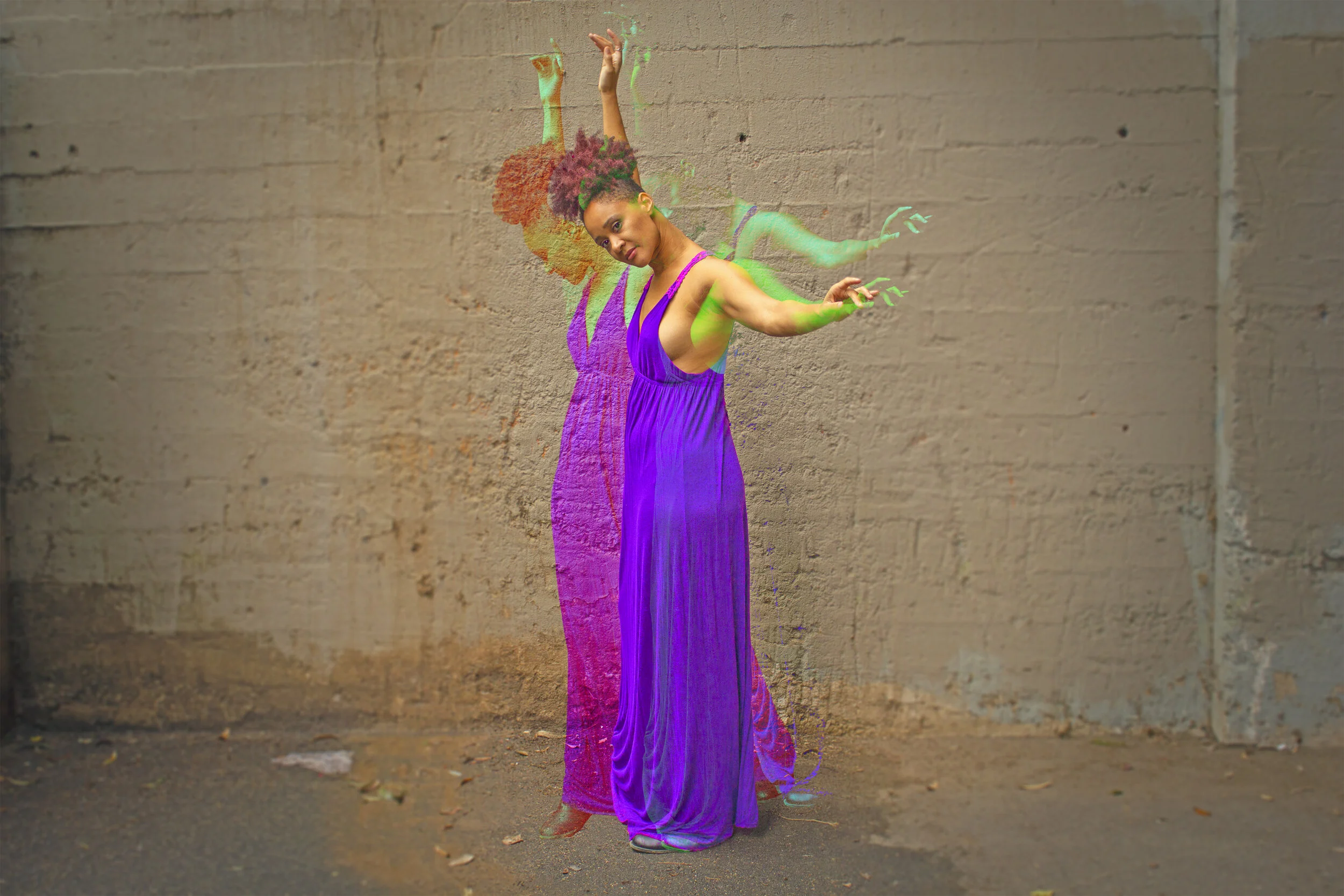What I Learned From the Wrong Card
illustration by Brad Jones for Outer Voice
There’s a box, about the size of a paperback novel of generous length, that has held pride of place on my desk for nearly 20 years. It has moved with us from Nashville to Washington, DC to Laurel, MD to Los Angeles and back again to Nashville.
Inside the box is a deck of cards and a book. It’s called The Observation Deck. It was a gift from my wife in the early 2000s, and it’s a tool kit for writers and artists who find themselves stuck. Simply draw a card from the deck, find the accompanying page in the book, and give it a read.
The cards have titles like “Eliminate Words,” “Squint,” “Switch Instruments” and “Think Architecturally” that have consistently helped to break me out of ruts and blocks when other methods fail.
Last week, finding myself angry, afraid, empty and feeling immensely powerless (like, um… pretty much all of us), I tried to figure out what to write this week. My efforts to get ahead of my editorial schedule continue to fall short, no matter my good intentions. What could I write about that felt actually useful in this moment? What could I say without being yet another white person gobbling up air and space that should be handed over to people of color?
So, I turned to The Observation Deck. I drew a card.
“Raise the Stakes.”
My first thought was, “I think the stakes are quite high enough right now, thank you.” But, being open-minded and more than a little panicky, I decided to thumb to the page in the book and see what it had to say.
It wasn’t heartening.
First of all, for writers, theatre artists and filmmakers of any experience, this isn’t new advice. In fact, it’s the advice you’re absolutely sick to the teeth of getting — right behind the observation “are these characters likeable?” We meet both with a nearly overwhelming urge to scream.
But last week and again today, looking at the well-meant advice written from a more quiet if not less innocent time, it felt cruel and tone deaf.
“Novelist George Simenon began to work on each of his books by placing two characters in a location and asking himself, ‘What can happen to them that will cause them to reach their limit?’”
Did that come to Simenon when he was negotiating film rights to his books with the Nazis while they occupied France, where he lived at the time?
Also, from The Observation Deck’s author, Naomi Esper:
“Imagine a situation that would push a character or a set of characters to the limits of their endurance … and push it even further.”
Or I could just turn on CNN.
These were my responses in the moment, and of course I don’t mean to condemn writers by using their words out of context. This is about fictional characters in fictional situations.
But my mind isn’t able to worry about fictional characters right now. We are in a moment where the stakes are already raised. Locally, nationally and globally. And not for the convenience of the artist.
Rather, this is the moment for artists to raise themselves to the level of the stakes.
What are we doing for peace? For justice? For understanding, compassion, and our fellow people? How does our work address it and, more importantly, how do our lives address it?
So, what did I learn from drawing the wrong card? Draw another card. Let’s try it now. I’ll draw another card right now and see what we get.
“Locate the Fear.”
Ok. We can work with this.
From Esper:
“According to Dr. Robert Maurer, professor of psychology at UCLA, fear lies at the center of all great fiction … you must determine what your characters fear and how they deal with it.”
As with the previous card, let’s forget fiction for the moment. How can this help us?
It’s true: we’re all afraid of something. And we all react differently. What do you fear? What does your neighbor fear? What does your racist relative fear? What does that riot cop fear? The protester on the street? The politician saying one thing and doing another?
How do they act, and how is that action driven by fear? If we can get to the root of this, we can get to the root of a fruitful dialogue.
How much of my own actions/reactions are driven by fear? When I choose to talk rather than listen, evade rather than engage, cancel rather than comment?
The tools we use as artists are the tools we use as people. How can we hone them? Ani DiFranco said “Any tool is a weapon if you hold it right.” How will we hold ours?
*I really did draw the card while writing this. Whew.






